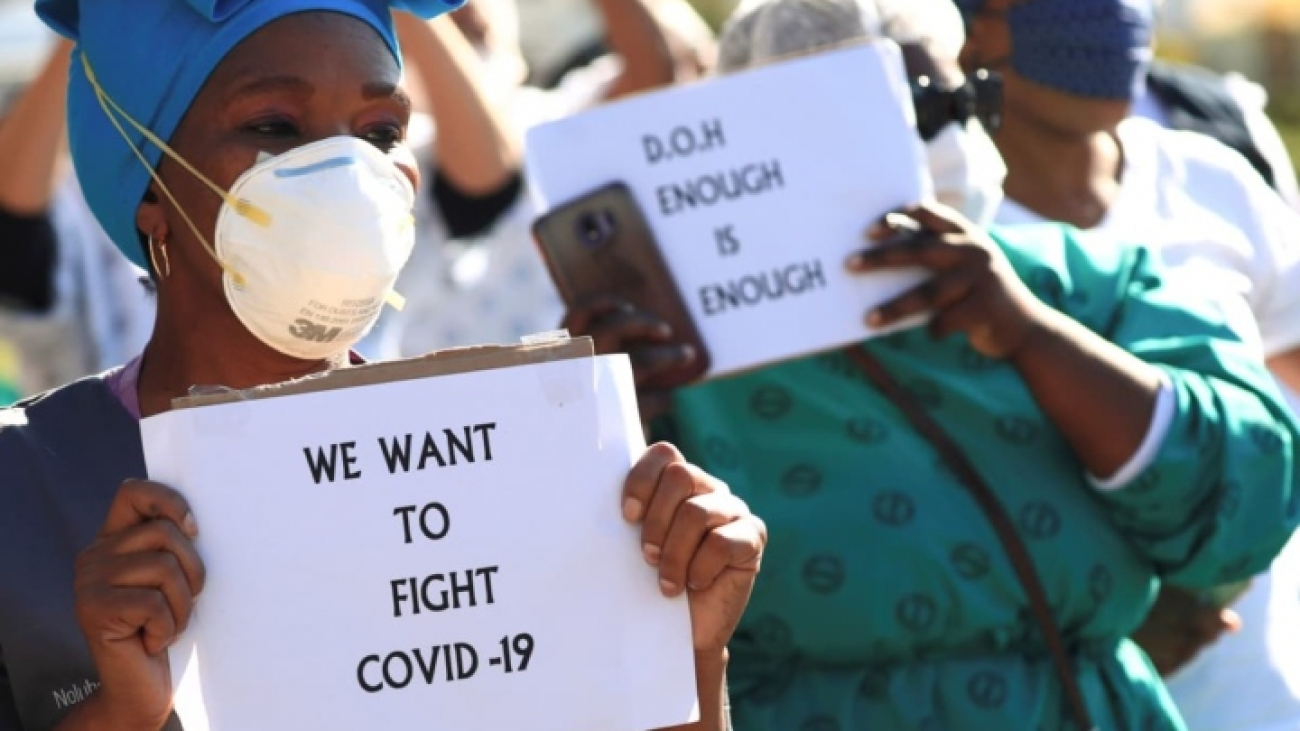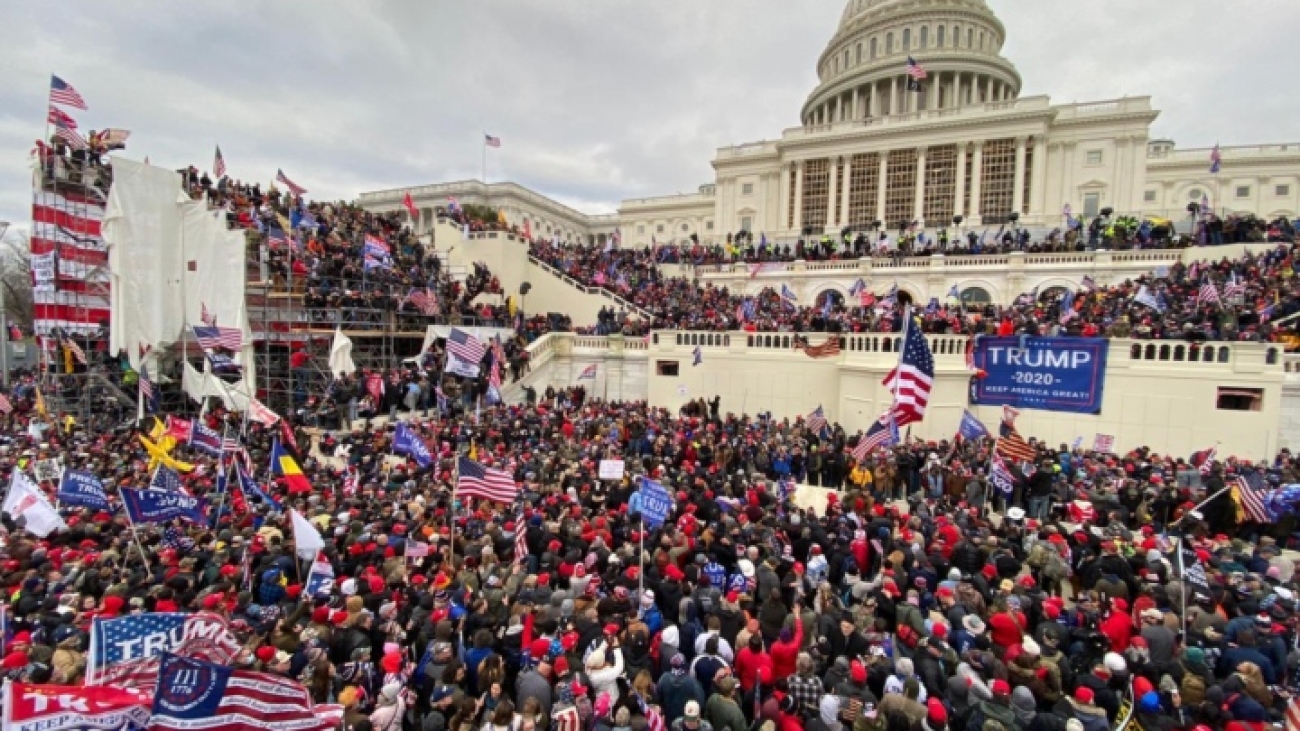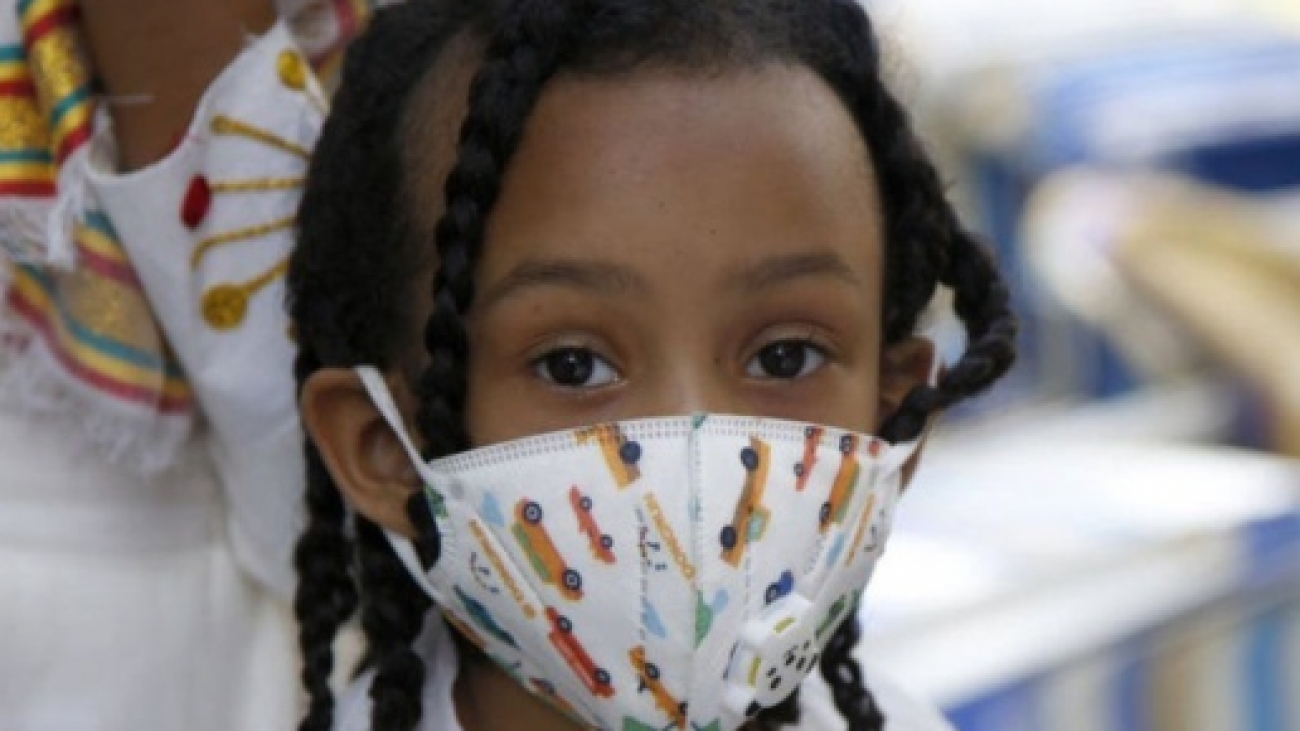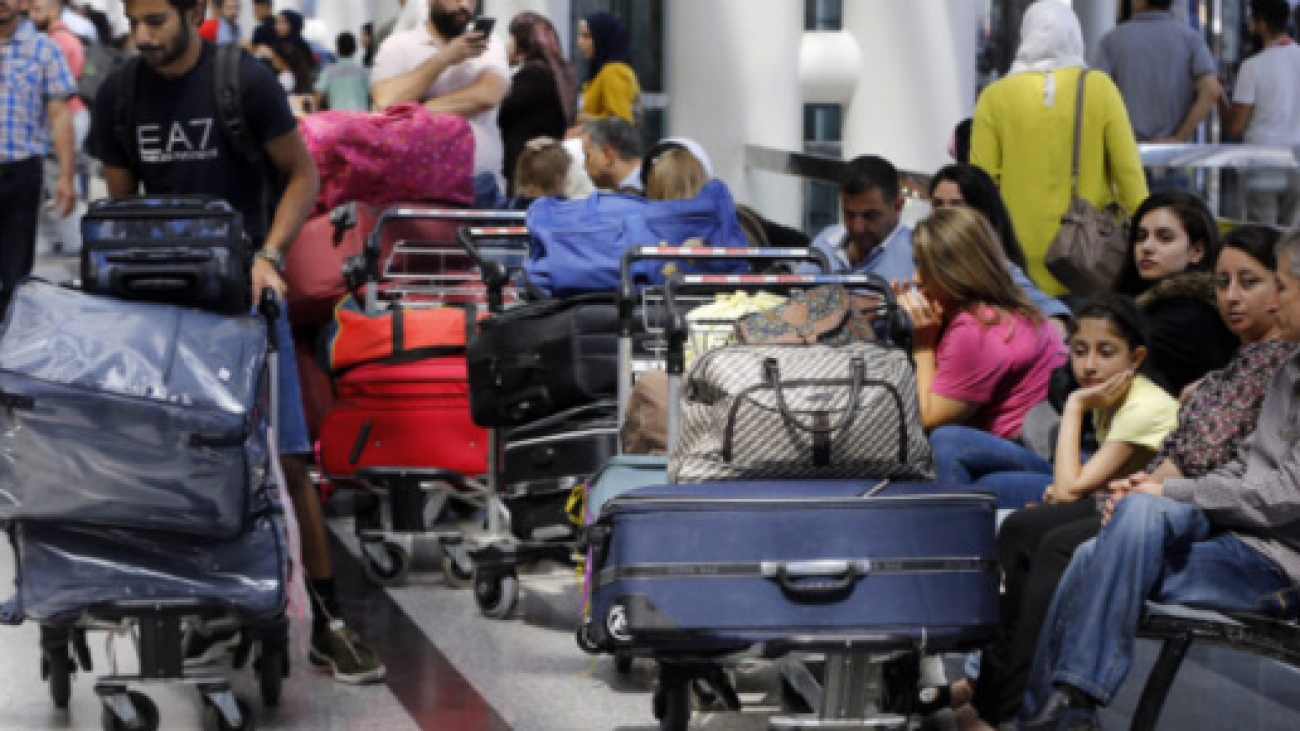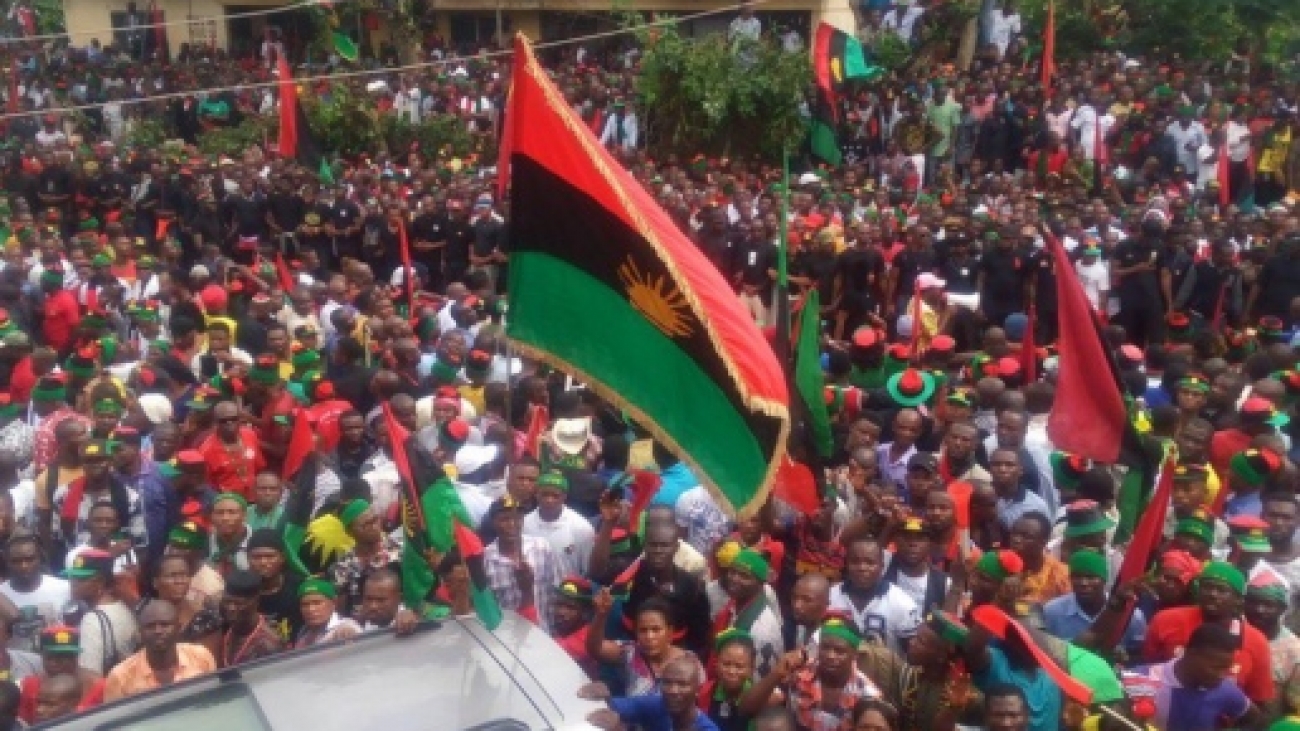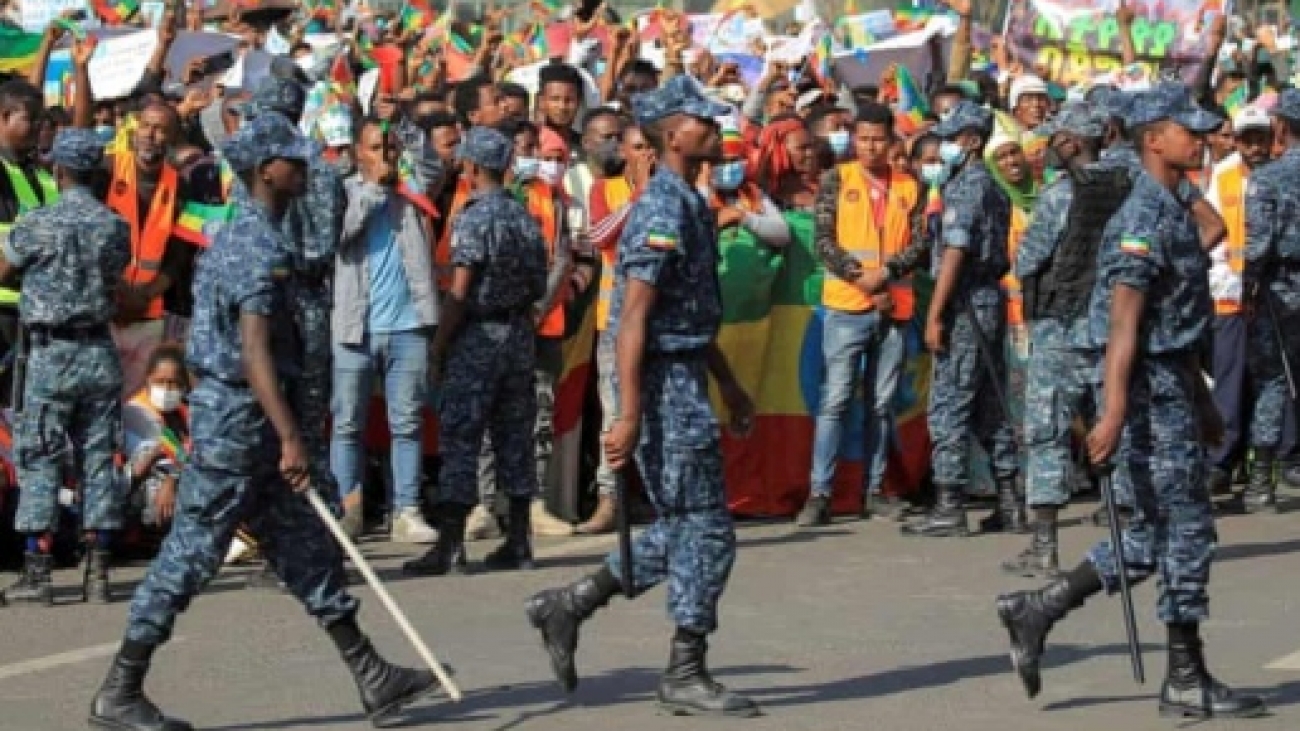Steven O. Kimbrough (Wharton, University of Pennsylvania)
Christine Chou, (National Dong Hwa University, Taiwan)
When the novel coronavirus and its disease, COVID-19, first spread in China, Taiwan was regarded as the next country most likely to be affected, due to its close geographic and economic ties with China. However, by mid-July 2020, after more than six months of rapidly growing COVID-19 cases around the world, Taiwan still counted substantially fewer cases than most countries. The worldwide news media have noted Taiwan’s initial success story, attributing it to Taiwan’s resilience, pervasive national health system, central command structure, rapid medical equipment build up, early prevention and transparent information sharing, as well as other factors. While these factors surely have played important roles in contributing to this initial success, it is too soon to tell whether that success will continue.
The purpose of our case study is to describe the work by a special group of people to assist in the pandemic response in Taiwan. That work has culminated, so its story can now be told. Our case study is based on 3,060 online community messages, 32 online shared interviews and information from several personal contacts. See “Not All Heroes Wear Capes: The Contributors Behind the Battle Against the Coronavirus Outbreak in Taiwan”for a fuller version of the study, including a detailed timeline.
The basic facts of the case are the following: Rationing of face masks began in Taiwan on January 28, shortly after the coronavirus appeared. This was partly in response to panic buying, but problems persisted, with long lines at all convenience stores that were originally designated to sell masks. There was also much agitation and anxiety among the public. At this point the idea of a name-based rationing system — tied to the national health system records — for buying face masks in the pharmacies was proposed. Under the system, each citizen or foreigner with a valid alien resident certificate could purchase two masks within a 7-day period using their identification cards as of February 6.
Once news of the forthcoming arrangement was released on February 4, a novel collaboration among the public, private and civic sectors began to emerge spontaneously. More than 1,000 software developers joined in the task of providing apps and other tools to identify in real time where face masks were available, sparing the public wasted time and anxiety. By the beginning of March, 59 map systems, 21 line applications, three chat bots, 23 mask sales location search systems, 22 apps, five audio systems, two information sharing systems, and one online mask reservation system were launched. Several applications have attracted more than 2 million users. The tools have been very effective, easing public anxiety and preventing a black market from emerging. As Microsoft executives Jaron Lanier and E. Glen Weyl wrote, “These tools showed where masks were available, but they did more than that. Citizens were able to reallocate rations through intertemporal trades and donations to those who most needed them, which helped prevent the rise of a black market.” In the end, democracy and social capital in Taiwan were strengthened.
“In the end, democracy and social capital in Taiwan were strengthened.”
The rationing system and the searching tools fully met their expectations until late April when the government was able to produce ample numbers of masks domestically. The government began to donate masks to various countries in need beginning in early April and was able to accumulate uncollected masks to donate more to other countries in late April. There are several important lessons to be learned from this case:
- An Existing Platform
The software community coalesced on the g0v.tw platform, which is “an online community that pushes for greater information transparency [and] that focuses on developing an information platform and effective related tools for citizens to participate in society.” This platform was first set up in 2012 when a group of engineers was not satisfied with the government’s stance towards data availability.
- Persistent Key Members
The channels used by the g0v community (#general and then #covid19) had persistent, attentive members. In the development of the mask-searching system, several leaders responded to the community multiple times every day. The top three members’ IDs were kiang, minexo79 and tnstiger, all of whom steadfastly replied to channel members’ messages, and continue to do so.
- Openness of Government Data
Thanks to the universal national health system, the Ministry of Health and Welfare had complete data available on pharmacies around the country. That data included pharmacists’ store codes, locations, business hours, mask inventory, and ways of issuing numbers to distribute the masks. This data was made available to the g0v developers after they requested it.
- Emotion Sharing
The g0v community shared frustrations among its members as the project got underway and elation as successes were achieved. Emotion sharing was a key element in binding the community together and serving its higher purposes.
Stepping back, we should see the generous behavior of the g0v community in a larger context. It is an example of people spontaneously coming together in the spirit of community service during a public disaster. Rebecca Solnit documented multiple such examples in her 2009 book, A Paradise Built in Hell. Her chronicle begins with the San Francisco earthquake of 1906 and the acute firsthand observations of the philosopher William James, who noted the initial effective and peaceable self-organization of response by the diverse citizenry. Sadly, that period of comity and effectiveness soon ended because authorities imposed force where it was hardly needed and, in fact, detrimental. Solnit found this to be a recurring pattern up to the present day.
“In a time of immense challenge, each contributor became a hero in his or her own way.”
Happily, Taiwan so far has been an exception. In this case, the government responded with welcome and alacrity to the pro-social impulses of the g0v community. Audrey Tang, the government’s digital minister, has been a linchpin. With expert skills and knowledge in information technology, and the political skills that come with holding an important position in the government — a rare combination — she actively supported the projects and served as a crucial go-between for the multiple stakeholders present. An exceptional talent, she is also openly a transgender woman who, remarkably for Taiwan’s historical culture, has achieved the highest levels of access and influence in government and society. Her voice is eagerly sought and listened to. See “How digital innovation can fight pandemics and strengthen democracy” for Tang’s broader take on the situation.
The success of the name-based mask projects was enabled by an unusual combination of elements including: outstanding leadership and commitment (the digital minister, the leaders of the g0v collective); trust and residual goodwill (among the g0v community, and between the citizens generally and the government, which had recently obtained a very strong electoral mandate); deep preparation and steady, highly competent, informed leadership by the government that welcomed the g0v contributions; a well-educated, highly skilled group of techies with the freedom and capacity to contribute without being paid for their services; and a general, creative openness to diverse people and ways of thinking (including enlisting volunteers to visit pharmacies in person and collect additional data).
Above all, the success of this case relied on many volunteers willing to contribute large amounts of their time and effort. As writer Andrea Randall put it so well, “Heroes don’t always wear capes, badges or uniforms. Sometimes, they support those who do.” In a time of immense challenge, each contributor became a hero in his or her own way. Not only did they help solve the problem, but they also warmed everyone’s hearts with their effort and generosity. The gratitude they merit is perhaps even more for the lasting value and example they created for the future, and what this means for Taiwan’s social capital, than for their fine achievement of the day.
*The authors acknowledge the help and authorization from CC BY 4.0 by g0v Contributors and helpful comments from Finjon Kiang.

